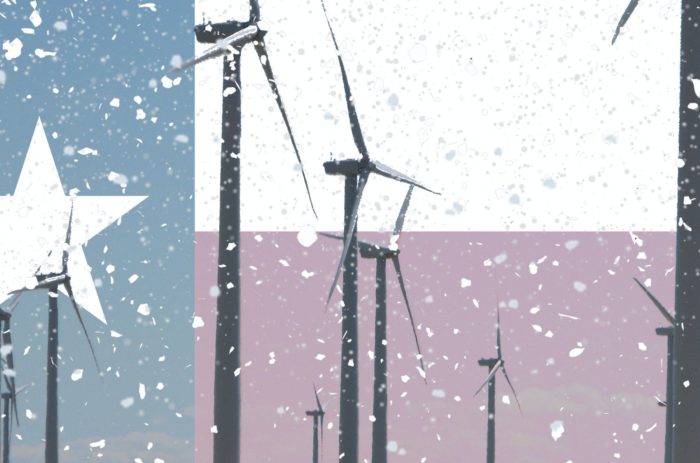redo Jump to...
print Print...
(by Ron Ross, Spectator.org) – An inevitable casualty of an event such as the Gulf of Mexico oil spill is perspective. There are at least three prime examples of this — emphasizing costs of something while ignoring the benefits, focusing on the short-run and ignoring the long-run, and forgetting that everything is relative.
The oil spill in the Gulf makes it clear that there are costs involved in recovering fossil fuels from beneath the earth’s surface. Unfortunately, in the overabundance of news reports about the spill I have heard virtually nothing about the considerable benefits we derive from offshore drilling. Environmentalist groups are using the spill to argue that we should cease all offshore oil production.
The reaction and reporting of the Gulf oil spill is a sad example of perhaps the simplest but most common error of economic thinking. Politicians and media are focusing almost exclusively on only one side of the ledger — the costs, while ignoring the equally important consideration of benefits.
Every decision of consequence should involve a balancing of costs and benefits. No action would ever be undertaken if only the costs were considered. None would ever be rejected if only the benefits were considered.
Drilling in the Gulf has been going on for over 70 years. There are currently over 700 rigs in operation. This is only the second significant spill during that entire period. The oil rigs have even weathered numerous hurricanes. The Gulf of Mexico provides over one fourth of U.S. domestic oil production. Gulf oil production is currently over 1.3 million barrels a day and natural gas production is over 6 billion cubic feet a day. Gulf oil and gas production contributes over $100 million of benefit to the U.S. economy daily.
Everyone wishes the spill had not happened. Nevertheless, what will be the extent of the long-term, irreversible damage done by the spill? The largest oil spill in history occurred in the Persian Gulf during the first Gulf war, compliments of Saddam Hussein. The spill dumped approximately 8 million barrels of oil into the Gulf. Nevertheless, a UNESCO-sponsored study found only one year later that fisheries showed “few unequivocal oil pollution effects attributable solely to the 1991 oil spills.” The study concluded that about half the oil evaporated, a million barrels were recovered, and 2-3 million barrels washed ashore, mainly in Saudi Arabia.
Oil and water eventually do mix. Every drop of sea water all over the world contains decomposed oil, along with trace amounts of almost all other elements.
It is no accident that accidents have been so rare. A spill is the last thing any oil company wants to see occur. The companies involved have strong incentives to prevent such disasters. They don’t want to see their considerable investments lost or have to pay for the cleanup, and they definitely do not want to see lives lost. This is unquestionably a case of an ounce of prevention being worth a pound of cure. The rarity of blowouts demonstrates that the incentives work extremely effectively. The economic incentives are far more powerful and ever-present than regulations can ever be.
In the real world it is impossible to have a perfect track record. Real life necessitates choosing among imperfect alternatives. What if the probability is one major spill every fifty years? Should we cancel all future offshore exploration and recovery? We’ve had 70 years of highly beneficial production and only two significant spills. Much will be learned from the current spill which will reduce the probability of future spills.
The media has focused on the damage the spill has imposed on the fishing industry. They have not pointed out that the economic value of the oil and gas are over 50 times greater than the value of fish taken from the Gulf. How much of your own income is spent on gasoline and natural gas compared to what you spend on seafood? Which would cause more pain, the price of gasoline or shrimp increasing by 20 percent?
For virtually the entire 70 year period of drilling in the Gulf, oil rigs and fishermen have coexisted with very few problems. The periods of time during which there have been problems are a tiny fraction of that time span. Should we make choices based on the long-run or the short-run?
Environmentalism thrives on exaggeration. The media thrive on sensationalism. Most of us know that’s true, but it’s good to remind ourselves of it from time to time.
Perspective is one of the best defenses against going insane in this crazy world. Perspective, however, is just about the farthest things from the minds of politicians, environmentalists, and the media. Keeping perspective is pretty much a do-it-yourself responsibility.
Ron Ross Ph.D. is a former economics professor and author of The Unbeatable Market.
First published on Spectator.org May 27, 2010. Reprinted here June 3, 2010 with permission from The American Spectator. Visit the website at Spectator.org.

